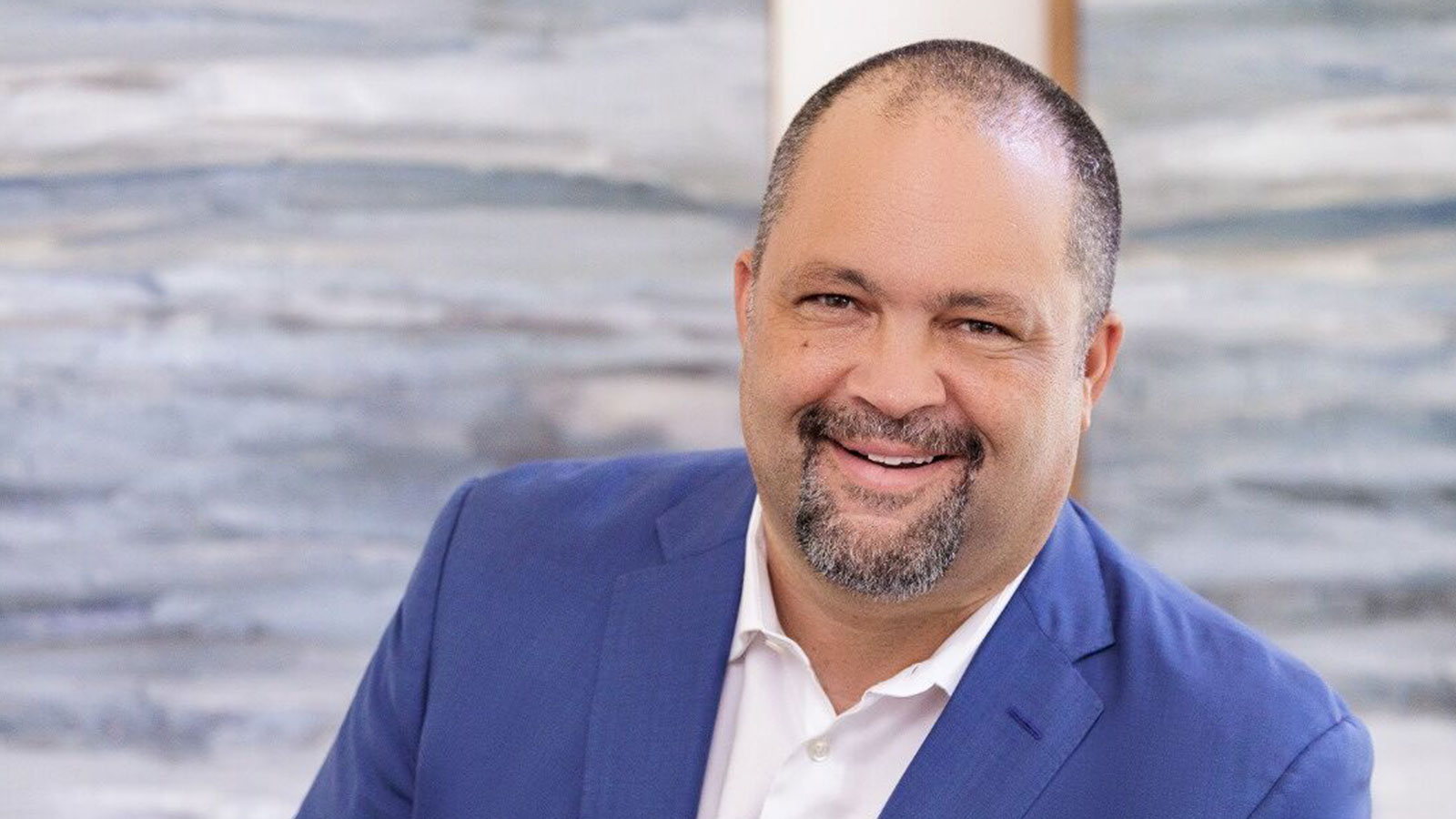“As we address the aftermath of the wildfires, let us resolve not just to build back better but also smarter, with a commitment to the environment and future generations. As a pastor, I am guided by the principle that caring for creation is an integral part of our faith. Let us take inspiration from the teachings of love and stewardship, embracing the role of being good caretakers of God’s earth. Without a shadow of a doubt, community solidarity is crucial in the fight against climate change.”
Those are the words of Rev. Dr. Larry E. Campbell, Senior Pastor of Pasadena, California’s historic First African Methodist Episcopal Church. Forty-nine members of his congregation lost their homes to the Eaton Fire last month.
The Eaton Fire raged through the Pasadena area hitting the neighborhoods of Altadena especially hard. Altadena, where many of Pastor Campell’s congregants live, is an unincorporated part of Los Angeles County just north of Pasadena, nestled in the foothills up against Angeles National Forest. I grew up in a California community similarly on the edge of the wilderness. We were used to fires happening out in the forests, but not in our neighborhoods. Thanks to extreme drought, climate whiplash, and the other effects of the climate crisis, the people in these communities now need to grapple increased firestorm threats in their towns and cities.
Altadena lost at least 17 lives and thousands of homes to the flames – many more than the City of Pasadena which, while also devastated, lost just under 200 homes. And the city leaders and community activists of Pasadena have stepped up in a big way to help their neighbors.
“In this community we don’t make very large distinctions between Altadena and Pasadena. We all grew up together, we all went to school together, and when families who lost their homes in Altadena reached out to family members for shelter it was their family and friends in Pasadena who opened their doors and welcomed them in. We really are one big community,” Pasadena Councilmember Tyron Hampton told the Los Angeles Sentinel.
In the face of tragedy, community leaders are also stepping up not only to rebuild, but to strengthen their communities – and all of ours – against future disasters by working to combat the cause of the fires: warming due to the continued burning of fossil fuels. In 2023, the Pasadena City Council passed a Climate Emergency Resolution, setting a goal for Pasadena to run on 100% carbon-free electricity by 2030. Now, in the wake of the fires, a broad coalition of local activists and advocates are pushing for Pasadena to hit that target.
Those of us who grew up in the Black Church understand Adam’s commandment was to defend the Garden, protect the Garden, nurture the Garden. And the Garden right now is out of balance in a profound way. We should all take inspiration from how communities like Pasadena and Altadena are coming together to care for the Garden and take a stand for their future and ours.
This sort of resilience is a familiar part of Altadena’s rich history – and its Black history, in particular.
Altadena was one of the first places in Southern California where a thriving Black middle class took root in the last century. It was home to such luminaries as: Octavia Estelle Butler, the celebrated African American author and first science fiction writer to receive a MacArthur Fellowship (also known as the “Genius Grant”); the writer, activist, and early Black Panther leader Eldridge Cleaver; Sidney Poitier, the Hollywood and civil rights pathbreaker who was the first Black actor to win the Academy Award for Best Actor; and Charles W. White, a local artist famous for his depictions of Black history.
Even Altadena’s earlier history dating back to the 19th century held stories of both Black achievement and racial unity. Robert Owens was born into slavery in 1806 and later became the wealthiest Black man in Los Angeles County. He made his home just above Altadena at El Prieto Canyon, which was named for him (“El Prieto” being Spanish for “the dark-skinned one”). Altadena is the final resting place of Ellen Garrison Jackson Clark, the abolitionist and civil rights pioneer. And it was the final home to Owen Brown, son of the abolitionist John Brown and the last surviving participant in his father’s raid on Harper’s Ferry. The younger Brown was celebrated locally among the area’s mixed Black and white post-Civil War community.
But a UCLA study found Altadena’s Black residents suffered disproportionately in the recent fires, due to past policies like redlining. Sixty-one percent of Black households were inside the Eaton Fire perimeter versus 50 percent of non-Black households. Nearly half of Altadena’s Black residents had their homes destroyed or severely damaged. And 57% of Altadena’s Black homeowners are over the age of 65, making them particularly vulnerable in the disaster’s aftermath.
This, the first week of Black History Month, let us resolve not to let the climate crisis take away our history. And let us remember that what is really at the heart of Black History Month is our people’s commitment to making us truly one nation. It should be a priority to prevent future disasters that would lay waste not only to homes and buildings but to rich local histories and precious generational wealth. The people of Altadena and Pasadena are showing us what that path forward looks like.
Ben Jealous is the Executive Director of the Sierra Club and a Professor of Practice at the University of Pennsylvania.















